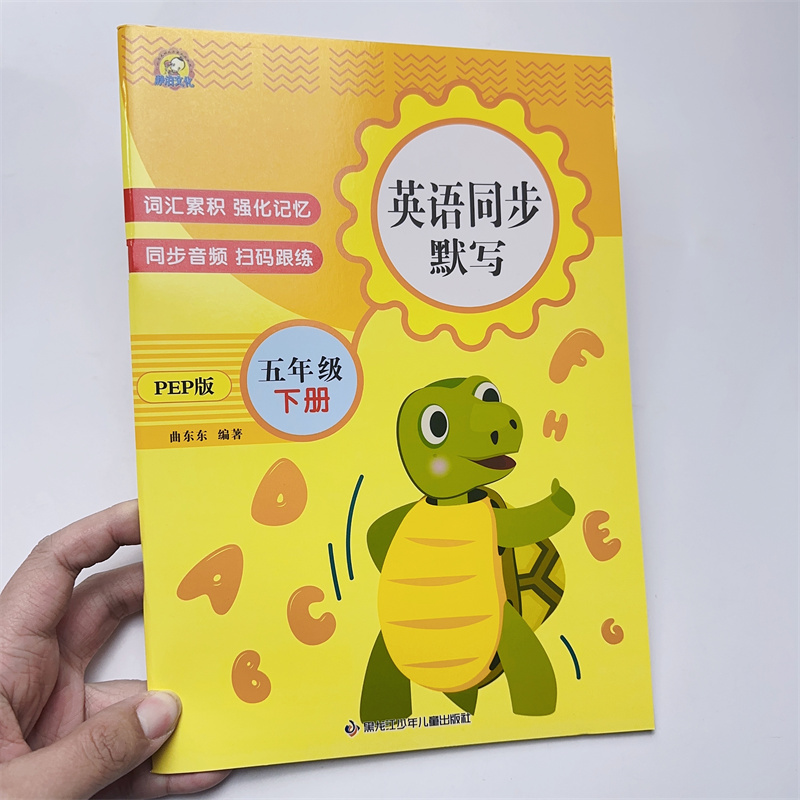As an English learner, mastering the basics is crucial. One of the primary steps towards building a strong foundation in the language involves learning essential vocabulary. The "First Grade Vocabulary" or "First Year Vocabulary" for primary students is a vital resource that helps them build their vocabulary bank and improve their language skills. It's a comprehensive list designed to cover the most commonly used words in everyday life.

The importance of having a good vocabulary cannot be overstated. In fact, one of the most significant challenges many non-native English speakers face is the lack of sufficient vocabulary knowledge. This can lead to confusion and difficulty communicating effectively. Therefore, starting with a well-organized vocabulary table like the First Grade Vocabulary provides a solid base for learners at all levels.

A detailed examination of the初一英语单词表 reveals several key aspects that are critical for both young learners and experienced English users. These aspects will be discussed in greater detail below.
1.Essential Words Covered in the First Grade Vocabulary: Basic Grammar Concepts - Nouns: Words referring to persons, places, or things, such as 'mother', 'school', and 'car'. These are foundational concepts because they form the basis for understanding other parts of speech. - Verbs: Words that describe actions or state of being, such as 'run', 'eat', and 'be'. Verbs play a crucial role in constructing sentences, allowing learners to express what they do or are. - Adjectives: Words that give more information about nouns, e.g., 'big' for 'house' (large house). They help make sentences more descriptive. - Adverbs: Used to modify verbs, adjectives, or other adverbs; examples include 'here', 'well', or 'quickly' (do it quickly). They provide important details about how something happens. Commonly Used Sentences - The vocabulary list also includes common phrases and short sentences that use these words together, which helps learners understand sentence structures and apply new vocabulary in context. For instance, using words from the vocabulary list like "I am going home" or "This book is very interesting."
2.How Does the First Grade Vocabulary Benefit Learners? Improves Pronunciation and Spelling - Learning vocabulary from a structured list allows learners to pronounce words correctly, which is especially important for those who may have difficulties with English pronunciation. Additionally, knowing the correct spellings helps in writing accurately. Enhances Reading Comprehension - Knowing the most common words used in books can greatly enhance comprehension skills for both younger learners and older ones who might struggle with advanced texts. It makes reading more accessible and enjoyable by reducing frustration due to unfamiliar vocabulary. Boosts Writing Ability - Mastering a wide array of vocabulary allows students to craft more nuanced and varied sentences in their writing. This skill is particularly valuable in academic settings where clear communication is essential. Facilitates Effective Communication - A robust vocabulary enables learners to express their thoughts more precisely and clearly during conversations, which is crucial for social interactions and professional environments alike. It fosters better relationships through improved communication abilities. Example Use Cases in Real Life: Consider the scenario of a young student named Sarah who is just starting her English journey in a local primary school. She has been provided with a First Grade Vocabulary list along with her textbook. Every day, she studies a set number of words from this list, trying to memorize their meanings and usage. Over time, she notices an improvement in her ability to comprehend stories read aloud in class, express her feelings during discussions, and even start writing simple paragraphs about her daily activities at school. This systematic approach has laid a strong foundation for her future English learning endeavors.
3.Strategies for Maximizing Learning Benefits: Regular Review: Regular review sessions reinforce what has been learned, preventing forgetting of previously encountered words and ensuring long-term retention of knowledge. Contextual Learning: Using new words in real or imaginative contexts enhances understanding and application, making it easier to remember them. Multimedia Learning: Integrating videos, games, or interactive apps can make vocabulary learning more engaging and fun for students of different ages and learning styles. Practical Application: Encouraging students to speak or write using newly learned words immediately after learning them can reinforce practical application and boost confidence in their language skills. Peer Practice: Group activities where learners teach new vocabulary to others not only reinforce their own understanding but also promote teamwork and mutual support among peers. 推荐阅读》
未经允许不得转载:» 初一英语单词表(初一英语词汇清单)

 家长点评网
家长点评网











